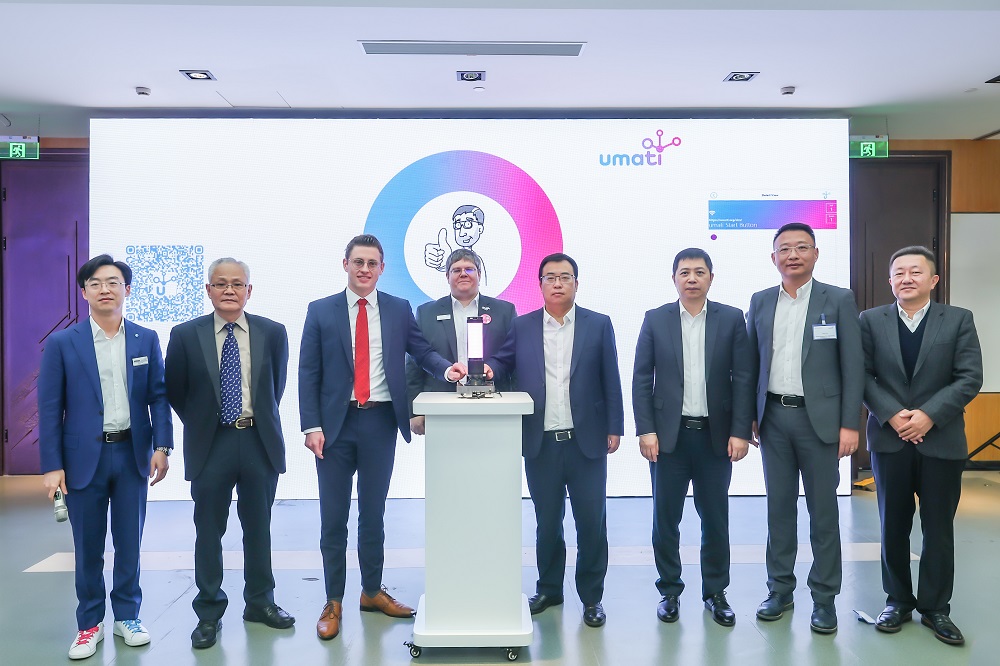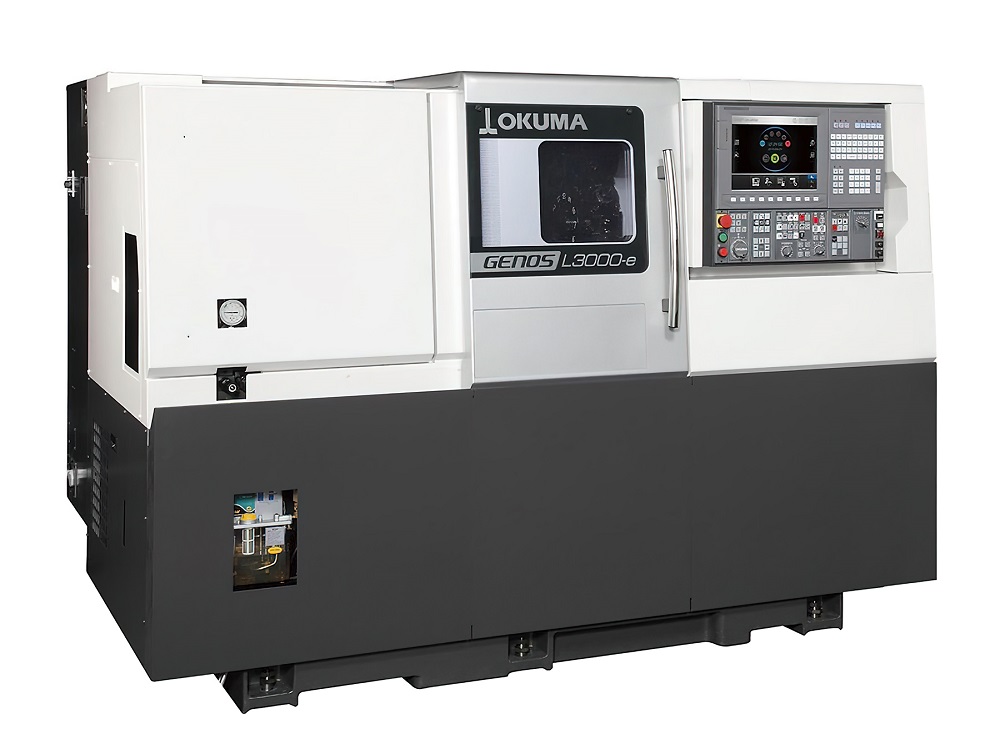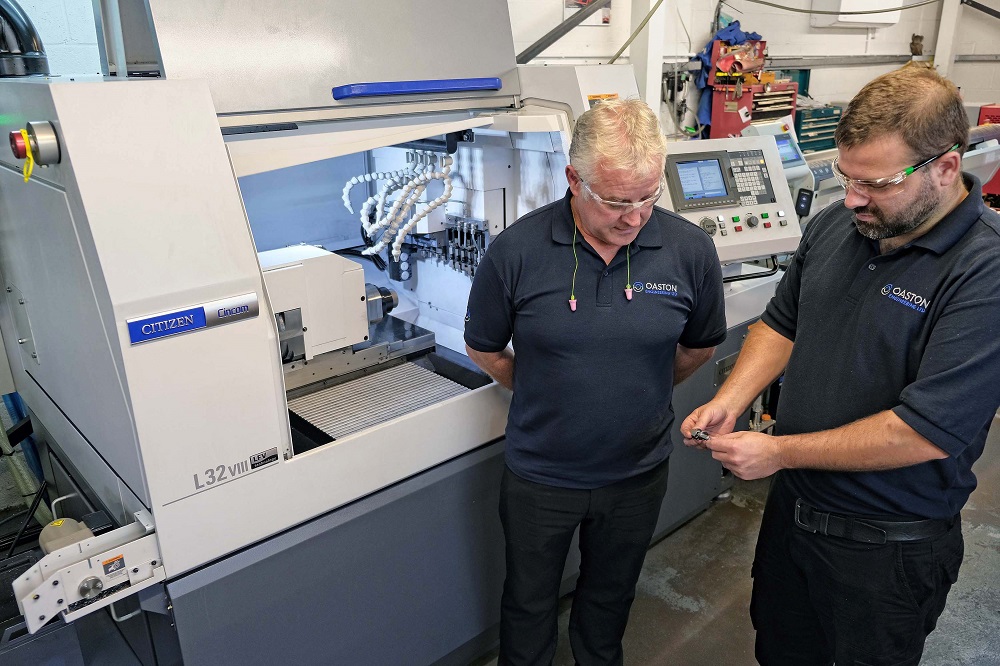It is only within the past five years that Nuneaton-based subcontractor Oaston Engineering, which specialises in work for the aerospace and biotechnology industries, has embraced sliding-head turning. July 2018 saw the arrival of the firm’s first sliding-head lathe, a 20 mm bar capacity Cincom L20-VIIILFV from Citizen Machinery UK. It was followed in October 2022 by a second, larger model, a 32 mm capacity Cincom L32-VIIILFV.
Oaston Engineering’s managing director Sean McCarthy says: “We were always led to believe that sliding-head lathe operation was a dark art and that you need to produce large batch quantities, say 50,000, to justify setting them for a new run. We had been looking at the technology since MACH 2008 and, a decade later, when the Cincom L20 was delivered, we discovered the myths were untrue.”
Oaston Engineering had a particular job in mind for the Cincom L32: the production of a light aircraft pump camshaft from martensitic stainless steel.
The component, which is produced from 1.25-inch bar, formerly needed seven separate operations: outside diameter turning and grooving; milling on a machining centre; two separate turning operations in offset fixtures to machine the cams to a dimensional tolerance of 0.07 mm; drilling a longitudinal bore on a machining centre; cross drilling a tooling hole in another operation; and off-site grinding of two spigots to within 0.015 mm.
The camshaft produced in this way required a total of 18 minutes 30 seconds of cutting time, plus inter-machine handling, as well as 30 to 60 seconds for deburring and more time for inspection at each stage. Now, six of the operations are performed in one hit in less than 15 minutes on the Cincom before the part goes out for grinding.
For further information www.citizenmachinery.co.uk


















